Efficient Dependency Tracking with Azure DevOps
Managing dependencies in the fast-paced world of Dynamics 365 implementations is essential for a project’s successful completion. Dependencies are the links between various work items or tasks that rely on each other for completion. In this blog post, we’ll look at how Azure DevOps (ADO) can be used to efficiently track dependencies and identify them, giving teams working on complicated projects visibility and coordination.
Determining the sequence in which actions must be accomplished is one of the main difficulties in tracking dependencies. Team conversations during backlog sessions frequently uncover dependencies as requirements are explored. These discussions aid in determining the connections between tasks and the priority order in which they should be completed. Teams may provide a clear roadmap for project execution by documenting these requirements inside Azure DevOps.
Dependency tracking is made easier with capabilities that Azure DevOps provides. Teams can create connections between various work items, such as tasks, features, and epics, using the linking function. Teams can comprehend the interdependencies between distinct components by tying items together to create a visual representation of the project hierarchy. In order to accurately portray certain dependencies, other sorts of linkages, such as parent-child relationships or related tasks, can be used.
Despite the fact that the linking feature offers a thorough perspective of the project hierarchy, team members may not always be aware of it, especially if they are not actively looking for it. Individuals can adopt additional strategies like highlighting dependencies within work item descriptions or using bold text to emphasize their precedence. These methods aid in highlighting important dependencies and increasing their visibility to the entire team.
For successful Dynamics 365 implementations and project management, dependencies must be tracked. Azure DevOps provides teams with a comprehensive grasp of the project’s structure and interrelationships by offering robust tools and features to detect and track dependencies. Teams can increase cooperation and productivity and reduce hazards associated with unmanaged dependencies by leveraging tools like linking and using visual indicators.
Teams may overcome the difficulties of managing dependencies using Azure DevOps, enabling more seamless coordination and effective project execution. Project teams may offer high-quality solutions with improved predictability and shorter time to market by leveraging these capabilities.
Check out our podcasts on the same topic:
Our next two blogs will be discussing using 2 unique work items. Up first, Decisions!
